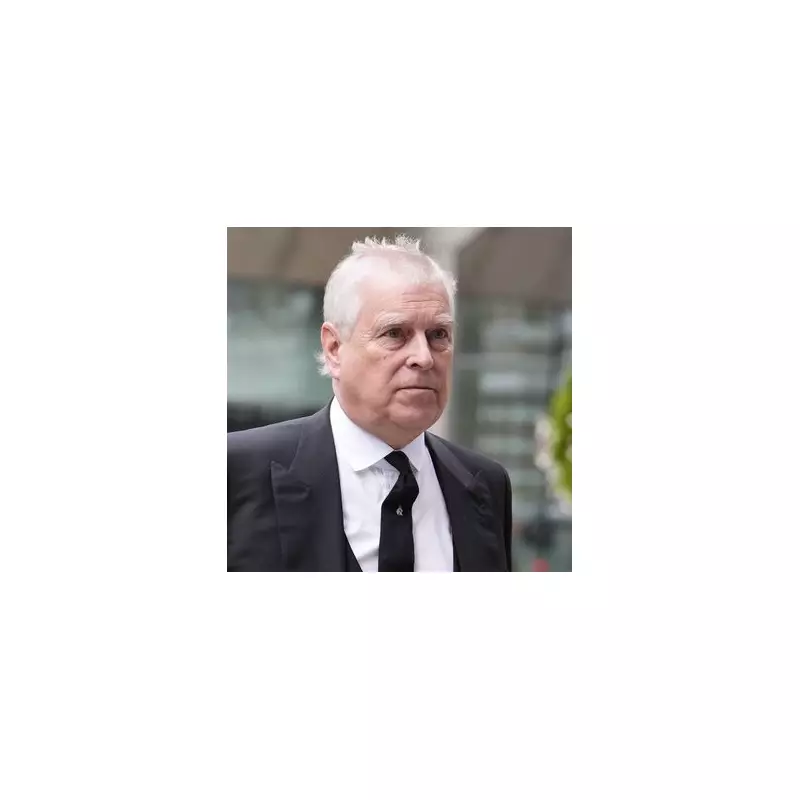
In an extraordinary constitutional development, Prince Andrew could be forced to confront MPs in the House of Commons over his controversial associations with disgraced financier Jeffrey Epstein.
The unprecedented move would see the Duke of York become the first senior royal in modern history to be summoned before a parliamentary committee, marking a significant escalation in the long-running scandal that has plagued the monarchy.
Constitutional Showdown Looms
According to parliamentary sources, MPs are considering using their formal powers to compel the prince's appearance. This would represent a dramatic constitutional confrontation between Parliament and the Royal Family, testing the boundaries of royal privilege and parliamentary authority.
The potential summons comes as pressure mounts on the Duke following his settlement in a civil sexual assault case with Virginia Giuffre, who accused him of abuse—allegations he has consistently denied.
Epstein Connections Under Scrutiny
Lawmakers are particularly interested in questioning Prince Andrew about:
- His friendship with Jeffrey Epstein after the financier's initial conviction for sex offences
- The circumstances surrounding his controversial BBC Newsnight interview
- His awareness of Epstein's criminal activities
- The details of his financial settlement with Virginia Giuffre
Conservative MP Tobias Ellwood has been particularly vocal, suggesting that the Duke's continued presence within the Royal Family cannot be ignored by Parliament given the serious nature of the allegations and their impact on the monarchy's reputation.
Uncharted Constitutional Waters
While royal appearances before parliamentary committees are not completely without precedent—Princess Anne once gave evidence about road safety—forcing a senior royal to appear against their will would break new constitutional ground.
The potential move has sparked debate among constitutional experts about the limits of parliamentary power when it comes to the Royal Family. Some argue that while MPs technically have the authority, exercising it could create a constitutional crisis.
Meanwhile, Prince Andrew continues to maintain his residence at Royal Lodge in Windsor while being effectively sidelined from public royal duties. The Queen's former favourite son now faces the prospect of having to explain himself to elected representatives in what would be one of the most remarkable royal appearances in parliamentary history.





